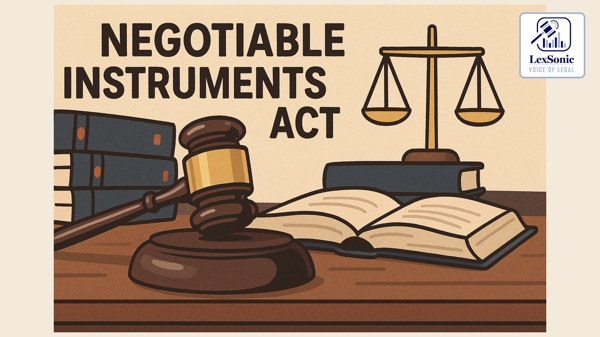Court Modifies Bail Conditions in Negotiable Instruments Case.
11 July 2024
Bail and Antcipatory Bail >> Criminal Law | Negotiable Instruments Act >> Criminal Law
In a significant ruling of Anjali Kumari v/s The State of Bihar & Another, the Supreme Court has modified a condition imposed by a trial court regarding bail in a case involving a violation of Section 138 of the Negotiable Instruments Act. The decision stemmed from a petition challenging the judgment and order issued by the High Court of Judicature at Patna on March 4, 2024, in Criminal Miscellaneous No. 5495 of 2023.
The petitioner, who was facing trial for issuing a dishonored cheque, had initially been granted anticipatory bail. However, due to alleged violations of this bail, a non-bailable warrant was issued against her. In response, the petitioner sought the recall of the warrant and requested bail from the trial court. The court allowed her release on a bond of Rs. 20,000 with two sureties of the same amount. Notably, the trial court also imposed a condition requiring the petitioner to pay 20% of the cheque amount to the complainant by the next court date.

Challenging this condition, the petitioner approached the High Court, leading to the impugned order. During the hearing, counsel for the petitioner highlighted the Supreme Court's stance on similar issues, particularly referencing the case of Ramesh Kumar vs. The State of NCT of Delhi, which criticized the practice of transforming criminal proceedings into money recovery processes. The court emphasized that using the legal system for financial coercion was unacceptable, particularly in the context of bail applications.
In light of these considerations, the Supreme Court ruled that the condition mandating the petitioner to pay 20% of the cheque amount was unsustainable. Consequently, the court modified the earlier order by the trial court and set aside the payment requirement while allowing other conditions for bail to remain intact.
This ruling underscores the judiciary's commitment to ensuring that the principles of criminal law are not misused for financial gain, reinforcing the integrity of legal proceedings.
The special leave petition was disposed of in accordance with this modification, and any pending applications were also addressed.
Negotiable Instruments Act, 1881
